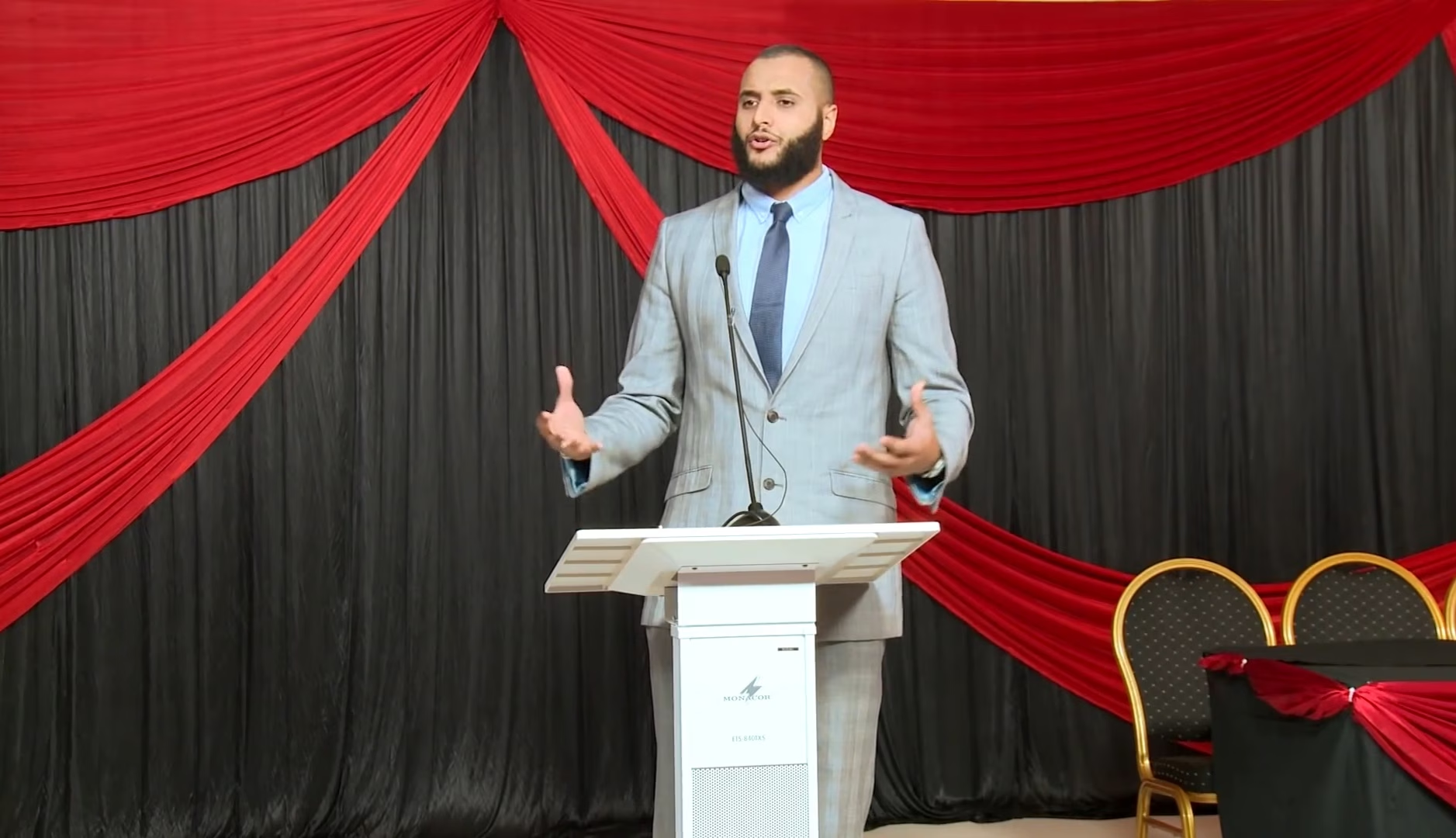
As a solicitor specialising in contentious probate, I often find myself guiding clients through what is undoubtedly one of the most emotionally charged areas of law. Losing a loved one is difficult enough, but when the validity of their will is questioned, the situation can become incredibly complex and distressing. Today, I want to shed some light on this challenging area, focusing specifically on the grounds for challenging a will’s validity in England and Wales.
Contentious probate, in essence, deals with disputes arising from the administration of a deceased person’s estate. It encompasses a wide range of issues, from disagreements over the interpretation of a will to claims of financial provision under the Inheritance (Provision for Family and Dependants) Act 1975. However, the most common and often fiercely contested area is challenging the validity of the will itself.
Why Challenge a Will?
There are several reasons why someone might wish to challenge a will. Perhaps they believe the deceased was unduly influenced, or they suspect the will was forged. Maybe they feel the deceased lacked the mental capacity to make a valid will. Whatever the reason, it’s crucial to understand that challenging a will is a serious undertaking, requiring robust evidence and a clear understanding of the legal principles involved.
The Grounds for Challenging a Will’s Validity:
In England and Wales, there are four primary grounds upon which a will can be challenged:
1. Lack of Testamentary Capacity: This is perhaps the most common ground. To make a valid will, the testator (the person making the will) must have “testamentary capacity.” This means they must:
- Understand the nature of making a will and its effects.
- Understand the extent of their property.
- Understand the claims upon them (i.e., who might reasonably expect to benefit from their will).
- Suffer from no disorder of the mind that perverts their sense of right or prevents the exercise of their natural faculties in disposing of their property by will.1
Medical evidence is crucial in these cases. We often instruct expert witnesses, such as geriatricians or psychiatrists, to assess the deceased’s mental capacity at the time the will was made. Evidence from family members, friends, and carers can also be valuable.
2. Lack of Knowledge and Approval: Even if the testator had capacity, they must also have known and approved the contents of the will. This means they understood and intended the will to have the effect it did. This can be challenged if there’s evidence suggesting the testator didn’t fully understand the will’s provisions, particularly if they were blind, illiterate, or in a weakened state. Suspicious circumstances, such as the will being prepared by a beneficiary who stands to gain significantly, can also raise questions about knowledge and approval.
3. Undue Influence: This occurs when someone coerces or pressures the testator into making a will that doesn’t reflect their true wishes. It’s a high threshold to meet, as it requires proving that the testator was effectively forced to act against their own free will. Mere persuasion or influence is not enough. The influence must have amounted to coercion, destroying the testator’s free agency. Proving undue influence can be extremely difficult, as it often occurs behind closed doors.
4. Fraud or Forgery: This involves proving that the will was fraudulently created or forged. This could include situations where someone has forged the testator’s signature or fabricated the entire will. Expert handwriting analysis is often required in forgery cases. Fraud can also involve misleading the testator into signing a document they believed was something else.
The Process of Challenging a Will:
Challenging a will is a complex legal process. It typically involves:
- Gathering Evidence: This includes obtaining medical records, witness statements, and any other relevant documentation.
- Sending a Letter of Claim: This formally notifies the executors of the will that a challenge is being made.
- Mediation or Negotiation: In many cases, it’s possible to resolve the dispute through mediation or negotiation, avoiding the need for costly and time-consuming court proceedings.
- Court Proceedings: If mediation fails, the case will proceed to court. This involves presenting evidence and legal arguments to a judge, who will ultimately decide the outcome.
The Importance of Early Legal Advice:
If you’re considering challenging a will, it’s essential to seek legal advice as early as possible. Time limits apply, and delays can weaken your case. A specialist contentious probate solicitor can assess the merits of your claim, advise you on the best course of action, and represent your interests throughout the process.
The Emotional Toll:
It’s important to acknowledge the emotional toll that challenging a will can take. Disputes over wills can fracture family relationships and create lasting resentment. As solicitors, we strive to handle these cases with sensitivity and compassion, while also ensuring that our clients’ legal rights are protected.
Conclusion:
Challenging a will’s validity is a complex and challenging process. It requires a thorough understanding of the legal principles involved, as well as the ability to gather and present compelling evidence. If you have concerns about the validity of a will, it’s crucial to seek expert legal advice from a specialist contentious probate solicitor. We can help you navigate this difficult area and ensure that your rights are protected.

Table of content
Recent Posts
Lasting Power of Attorney (LPA) – 2025 Fee Increase Update
The UK government has confirmed that the fees for [...]
Mohammed Hijab Defamation Case – His Solicitors Perspective
In the pursuit of justice, the path is not always [...]
Dying Without A Will – Who Can Inherit Your Estate?
Having a Will is one of the most important things [...]








